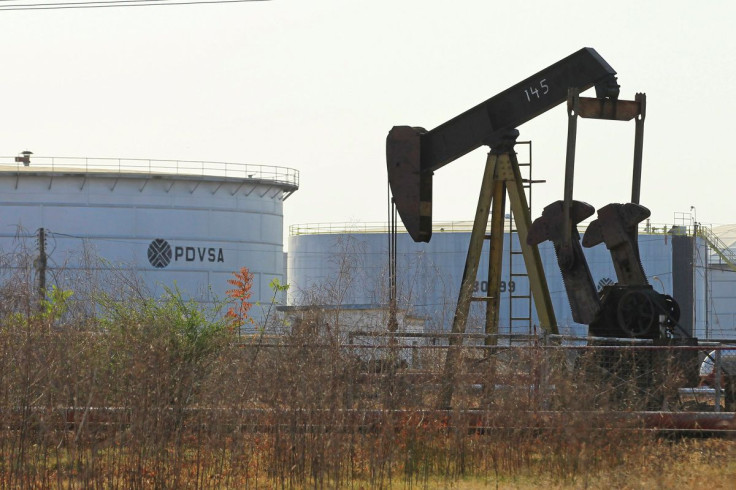Venezuela Could Add 400,000 Bpd To Oil Output If U.S. Approves Licenses -petroleum Chamber

Venezuela's oil output could rise by at least 400,000 barrels per day (bpd) if the United States authorizes requests by state-run PDVSA's partners to trade Venezuelan crude, the country's petroleum chamber said on Friday.
The increase would allow the OPEC member's oil production, which in January averaged 755,000 bpd according to official figures, approach some 1.2 million bpd, said the president of Venezuela's Petroleum Chamber, Reinaldo Quintero.
U.S. officials met Venezuelan President Nicolas Maduro last weekend and demanded the country supply at least a portion of oil exports to the United States as part of any agreement to ease oil trading sanctions imposed on the country since 2019.
"With the capacity we have, we can add 400,000 bpd", Quintero said in a press conference.
The move could first benefit companies like Chevron Corp that have pushed for authorizations and revamped licenses to trade or swap Venezuelan oil.
In 2021, the country halted a free fall in its oil production and exports to reach 636,000 bpd of output, a 12% increase from the previous year.
Even if oil sanctions on Venezuela are eased only for certain transactions, the country could ultimately add 1 million bpd of production, depending on capital injections allowed and trust by the parties in the dialogue, he said.
Experts have been less optimistic on the forecasts, as an urgent need for drilling rigs and massive capital is putting a ceiling on any increase of production, which is reaching capacity.
Years of underinvestment, mismanagement and, more recently, U.S. sanctions on PDVSA have hit Venezuela's oil production, which in the late 90s reached some 3.7 million bpd.
Small oil service firms that accepted partial debt payments and a key swap deal with Iran providing needed diluents to produce Venezuela's flagship exportable grades helped PDVSA last year to reanimate output, but the country has yet to reach 1 million bpd of monthly output.
© Copyright Thomson Reuters 2024. All rights reserved.




















